Situation of women in Sudan ‘deteriorating in all respects’ as world marks International Women’s Day 2023
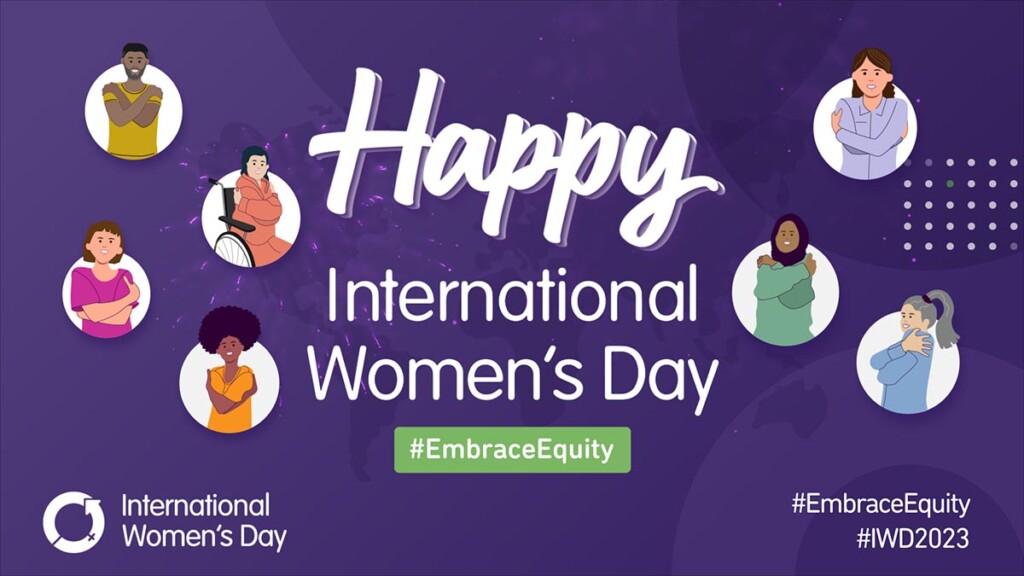
KHARTOUM / DARFUR / NEW YORK –
As the world celebrates International Women’s Day today, the situation of women in Sudan, especially in conflict areas, is witnessing a noticeable deterioration in all respects. Ahead of this year’s annual March 8 event, United Nations Secretary-General António Guterres laments: “Gender equality is growing more distant. On the current track, UN Women puts it 300 years away.”
The United Nations documented 72 incidents of human rights violations during the three months until February 18, affecting 316 people, including 31 women and 21 children.
The number of victims of violations of the right to life reached 135, physical integrity 141, and 17 victims of sexual and gender-based violence, including conflict-related sexual violence, in addition to one case of torture and one enforced disappearance.
In his video message, Guterres said that International Women’s Day is a call to action “to build a more inclusive, just, and prosperous world for women, girls, men, and boys everywhere.”
“On International Women’s Day, we celebrate the achievements of women and girls across all walks of life, in all corners of the world.
“But we also recognise the enormous obstacles they face — from structural injustices, marginalization, and violence, to cascading crises that affect them first and worst, to the denial of their personal autonomy and rights over their bodies and lives,” Guterres says.
Video message by UN Secretary-General António Guterres (UN TV)
‘Gender equality is growing more distant. On the current track, UN Women puts it 300 years away’ – UN Secretary-General António Guterres
North Darfur
Radio Dabanga spoke with human rights activist Siham Hasan from Zamzam camp for the displaced south of El Fasher, capital of North Darfur, with about 400,000 residents one of the largest camps in the region.
“Violence against women in Darfur continue despite the signing of the 2020 Juba Peace Agreement,” she said. There have recently been repeated cases of rape of women and girls from the camp while they were out for firewood collecting.
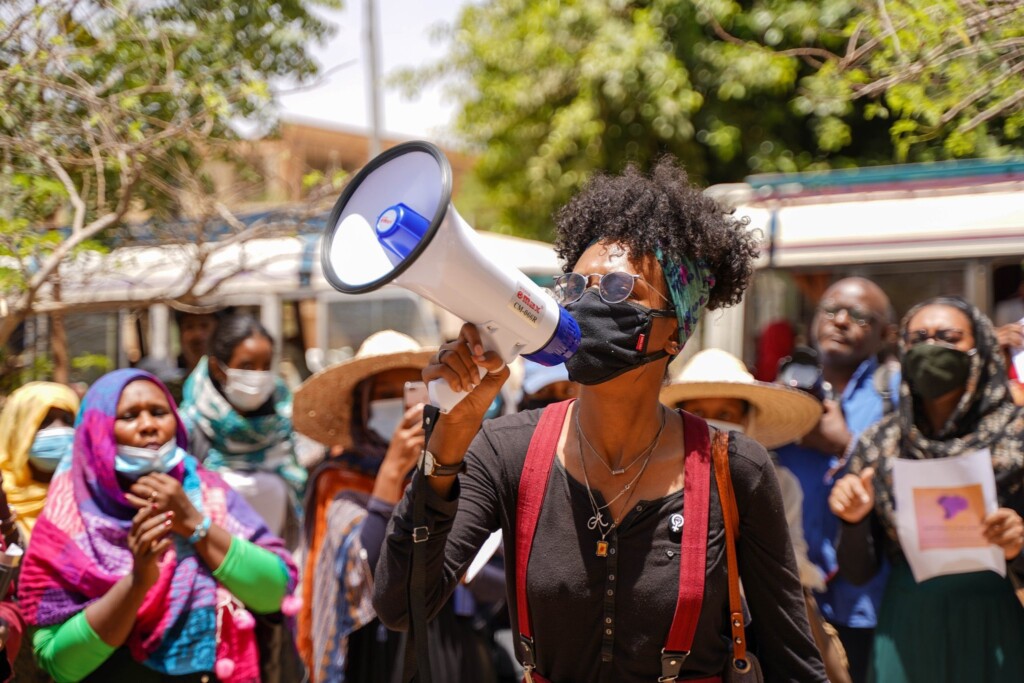
Hasan described what is happening in Darfur as “a catastrophic and tragic situation.” She explained that the displaced women cannot go two kilometres from the camps for fear of rape and assault.
“Women who are subjected to violence have the right to receive legal aid, but this almost never happens” she said.
She called on human rights organisations to consider the situation of displaced women who engage in demanding work such as brick making, farming, or selling food and hot beverages, explaining that most of the women lost their husbands in the war or drowned in the Mediterranean.
The activist further urged the authorities and the signatories to the Juba Peace agreement to provide security and appropriate conditions for the return of the displaced to their villages of origin.
West Darfur
Maryam Hussein, member of the West Darfur Displaced Women’s Network, says that displaced women suffer from sexual, physical, and domestic violence, in addition to being subjected to harassment and exploitation.
“The stay of many displaced women and girls in shelters in El Geneina is one of the biggest challenges facing women,” she told Radio Dabanga, noting a lack of basic services and that girls are deprived of education.
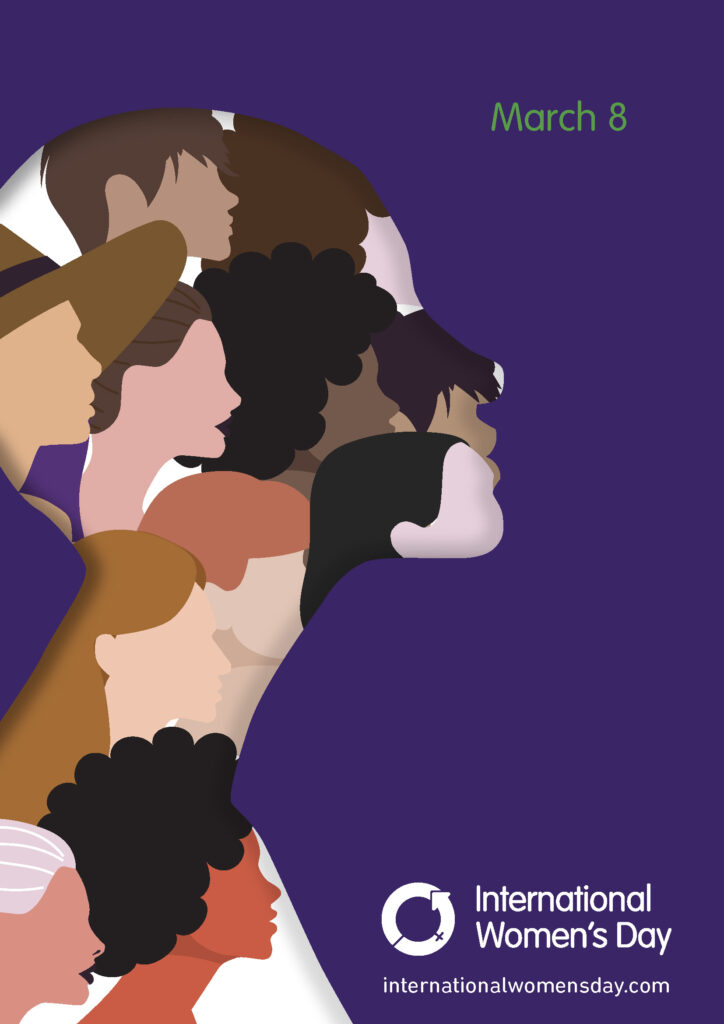
She called for speeding up the creation of a suitable climate for the return of the newly displaced to the Kereinik camps, which were attacked in December 2021.
She said that women and girls, especially displaced women, are the most vulnerable to human rights violations and affected by social and economic conditions. Indicating that women are forced to work in the field of construction, firewood collection, and agriculture, and continuously face assaults and rapes.
She accused the authorities of obstructing legal procedures for rape victims and not handing them Form 8* needed for the provision of health care within 72 hours.
She called for enabling rape victims to access justice and prosecute criminals, and not to escape punishment.
Central Darfur
Gisma Mohamed, representative of the displaced women living in camps near Zalingei, capital of Central Darfur, called for an end to violence against women, especially displaced women.
She said that women practice challenging work, especially construction work and making bricks by hand, in addition to their role in domestic work and raising their children, and called for equality between men and women.
She drew attention to the suffering of women from rape and forced displacement, calling for the improvement of the humanitarian and security conditions, material, moral and psychological compensation, as well as raising awareness of their rights and duties in society, providing education and their participation in decision-making.
Demands for peace and security:
Zahra Ahmed, head of the women living in the Mukjar camps in Central Darfur, reported the suffering of the displaced women because of the suspension of aid, and explained that they work in the fields of construction, firewood, and charcoal production, and are subjected to sexual and physical violence and assaults.
She called on the international community to pressure the government to hand over Al Bashir and the rest of the wanted persons to the International Criminal Court in the Hague this year.
Awatif Abdelrahman of the Displaced Women’s Network in South Darfur called for the implementation of United Nations resolutions on women to enjoy security and stability.
Abdelrahman told Radio Dabanga that women are being killed by live ammunition, the latest of which was the killing of a displaced woman and the wounding of another displaced woman inside their homes in El Salam camp.
She called for providing economic activities for women in the camps, distributing food aid and holding workshops to educate men about women’s rights.
She stressed the importance of participation of women in power, the police, security, and investigations considering the increase in violence and impunity.
Hanan Mohamed, from the Kalma camp in South Darfur, said that women are subjected to rape, sexual violence, physical assault, and robberies.
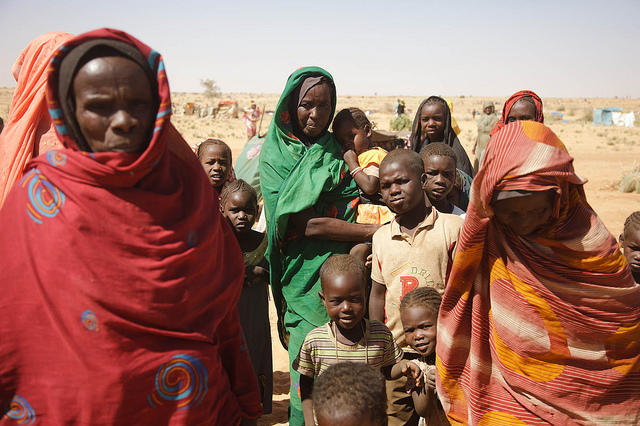
She explained to Radio Dabanga that they are struggling to file official complaints after the departure of the UN-AU peacekeeping Mission in Darfur (UNAMID) end December 2020. She said that women are forced to engage in arduous work while the payment of their meagre wages is often delayed. She indicated that the most basic services are not available in the camps.
Displaced women in Gereida camp in South Darfur confirmed the continuation of violence against displaced women, and demanded the establishment of awareness-making workshops and projects to serve women to overcome economic conditions, as well as the establishment of a special house for women to discuss their own issues.
South Darfur
Amouna Gamareldin, the women’s representative of Gereida camp, South Darfur, said that women are constantly subjected to beatings and rape when they go outside the camp.
She demanded the establishment of workshops to raise awareness of women’s rights and issues, as well as economic projects for women so that they can rely on them to face tough economic conditions and to avoid women going out into the open to fetch firewood so that they are not subjected to rape.
She demanded the implementation of the Juba Peace Agreement to contribute to alleviating the suffering of women.
Basic issues
The Communist Party of Sudan (CPoS) criticised Sudanese women’s organisations for distancing themselves from the basic issues of concern to most Sudanese women.
In a statement on International Women’s Day, the CPoS pointed to the decline of the democratic women’s movement from its broad and grassroots form.
The party accused women’s organisations of becoming elitist and neglecting grassroots action among women in the countryside. Stressing the importance of women’s issues in places of conflict, especially in Darfur, South Kordofan and Blue Nile region, pointing to women’s vulnerability to rape, murder, and societal and domestic violence.
The statement stressed the need for “communist and democratic women to advance to rebuild a democratic women’s movement linked to the grassroots and trade union movement in the areas of work and study to serve the entire community.”
* In Sudan, medical evidence of an assault is admitted solely via Form 8. It can be issued only by police stations or approved hospitals and clinics. Critics state that Form 8 is “glaringly inadequate”, as sufficient medical evidence is often exceedingly difficult to obtain.
#EmbraceEquity #IWD2023







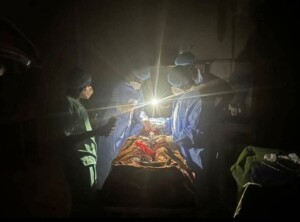
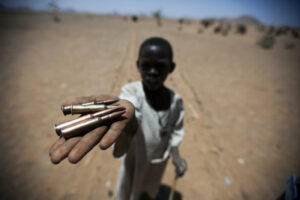
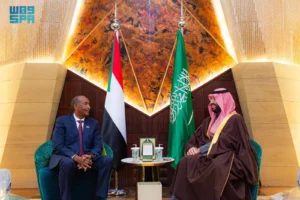

 and then
and then